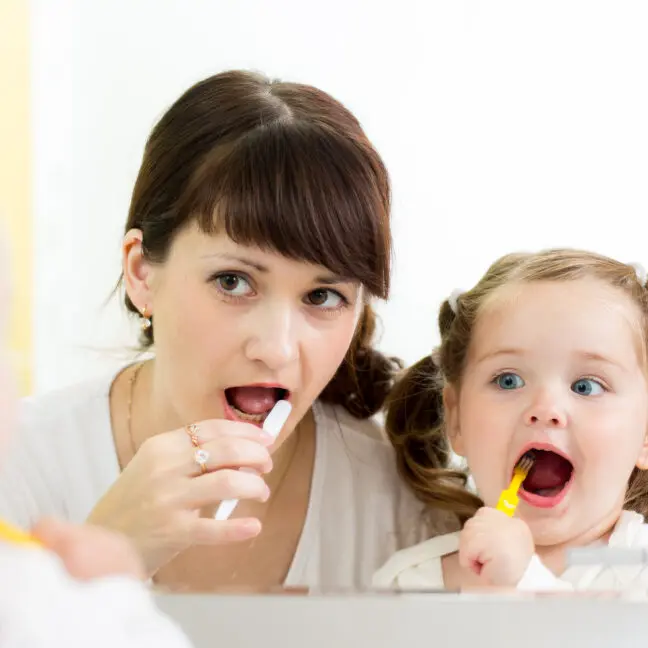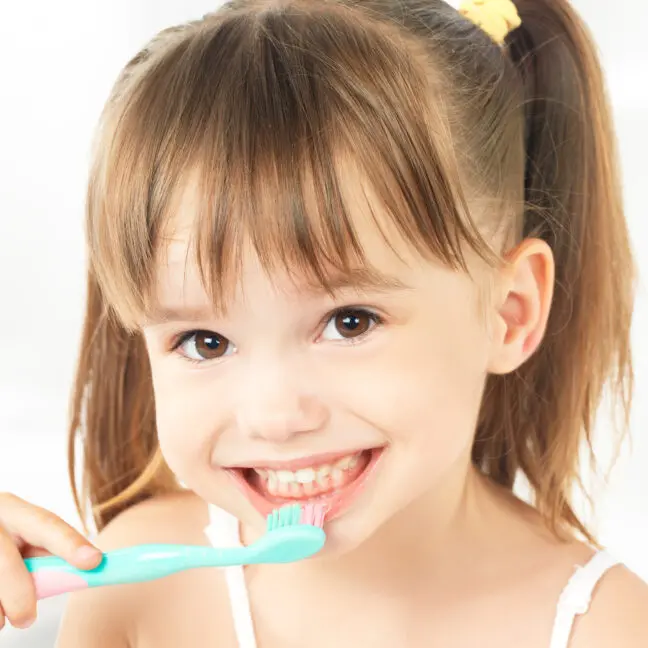Oral health for children

Why is children’s oral health so important?
At Smiles Dental, we know how important it is to take care of your child’s dental health care. We believe it’s never too early to start considering how to look after their teeth and teaching them how to maintain a great oral health routine.
Just think about it. By keeping a watchful eye on their oral health routine and getting regular check-ups, you’ll be able to detect and tackle any problems before they fester. By doing so, you’ll be giving them the chance to have healthy gums and teeth for now and for the future.
Special prices for children
At Smiles Dental, we provide each child with a tailor-made treatment plan to ensure that he or she receives the best dental care available. We also have a carefully designed price list dedicated to all children under 16 years of age.
Children routine exam……From €39
Scale & polish……From €39
Fissure sealants……From €45
Tooth extraction……From €51/122
Fillings (white/silver)……From €77
Space maintainers……From €128
*Our Smiles Dental pricelist is dedicated to children under 16 years of age. Prices may vary nationwide.

Take them on a dental adventure at Smiles!
We also offer our patients a dental adventure! You can bring your child to the dentist before their actual appointment, for a friendly introduction to the clinic and dentist. They can meet the dentist and even sit in the chair, before their actual treatment, so they know that there is nothing to be worried about. These fun and educational visits create a positive association in your child’s mind with the dentist and oral health.
You’re safe in our hands
Our friendly and dedicated team will do everything they can to welcome your little ones and help them feel at ease so that their visit is a stress-free and educational one. If your child is feeling anxious, let us know ahead of time and we’ll do our best to give them an especially warm welcome at Smiles Dental.
To book an appointment, contact your local Smiles Dental clinic. Find out more about treatments available and our children’s pricelist.
Don’t forget to follow us on Facebook and Instagram to keep up with all the latest special offers for children and news at Smiles Dental.

